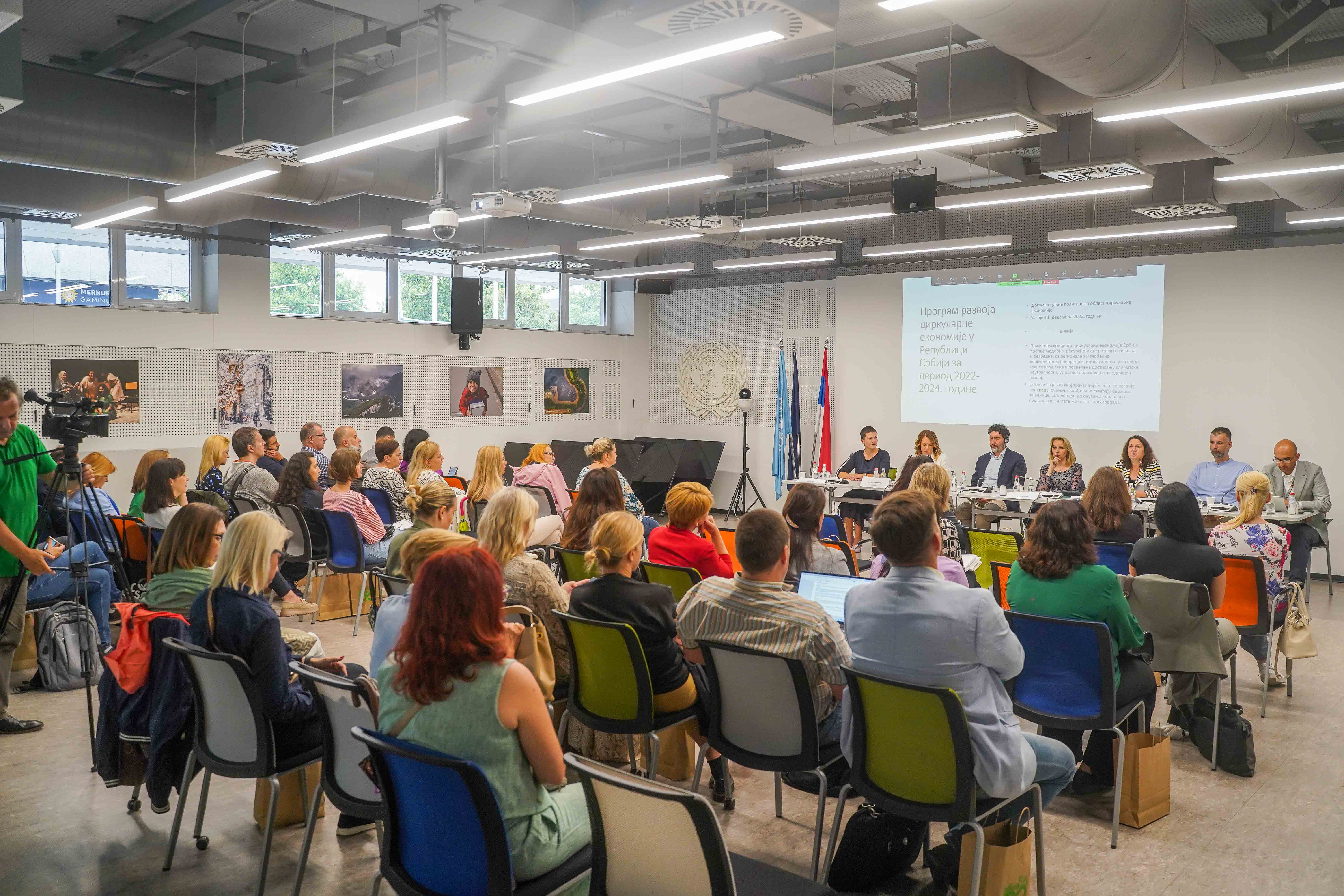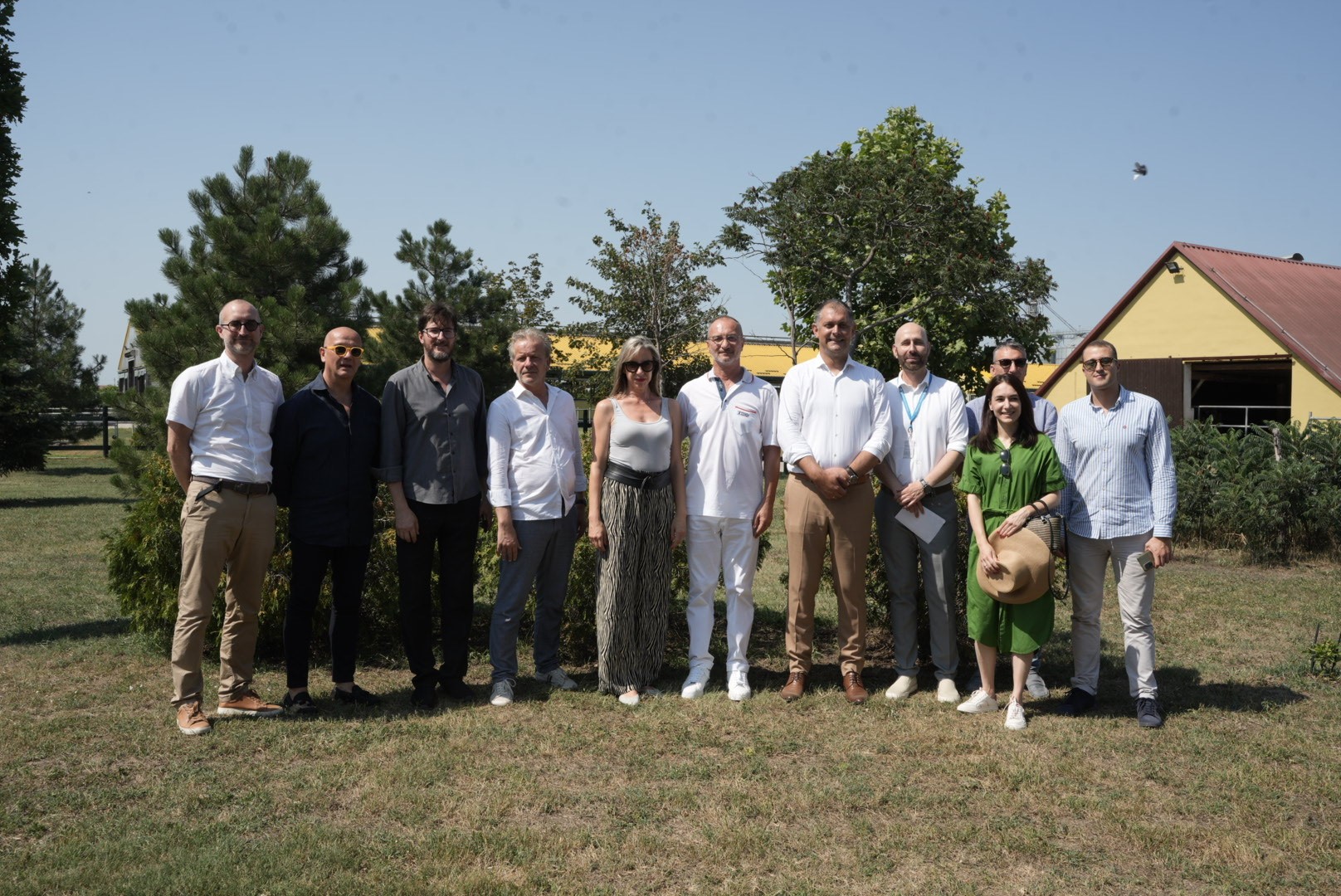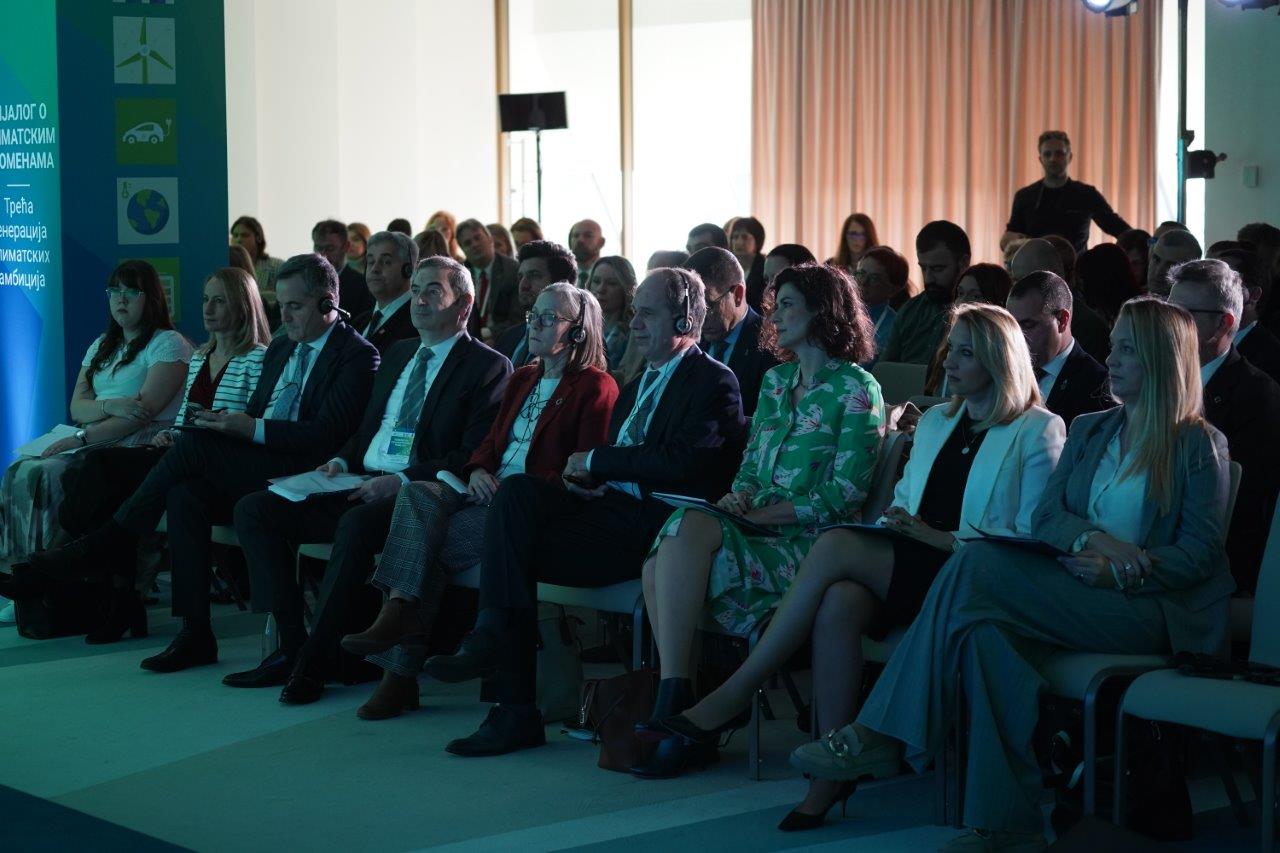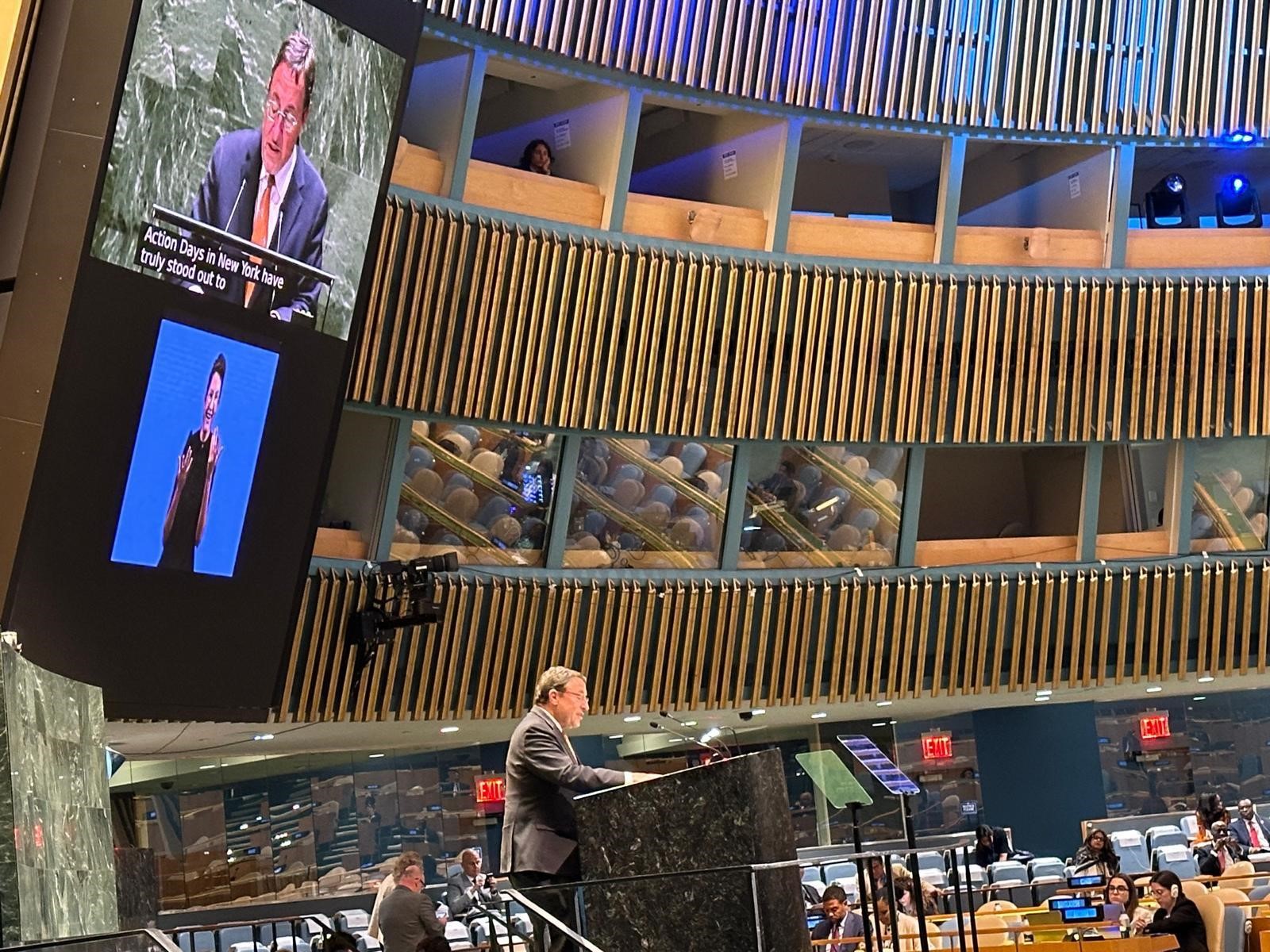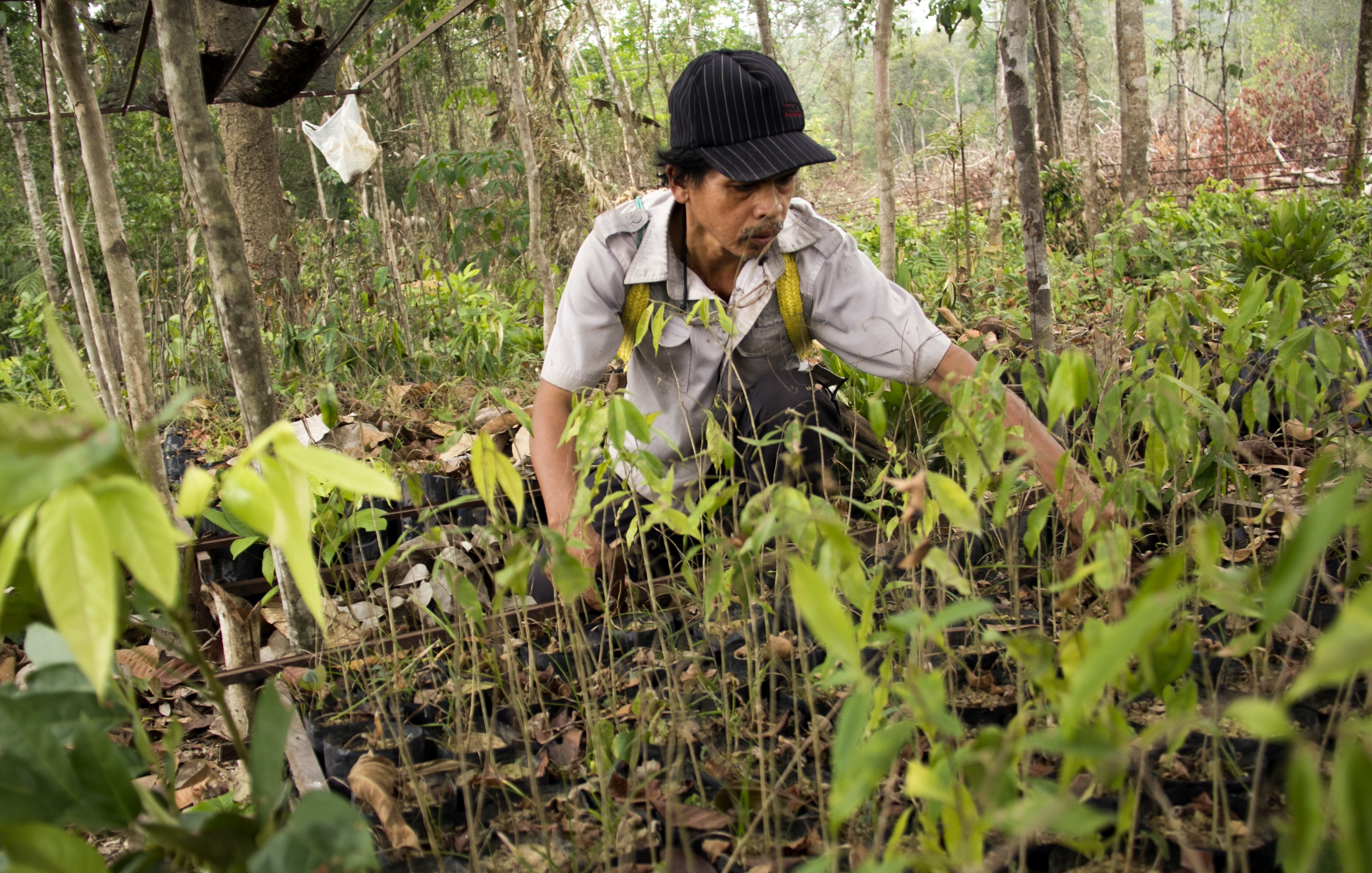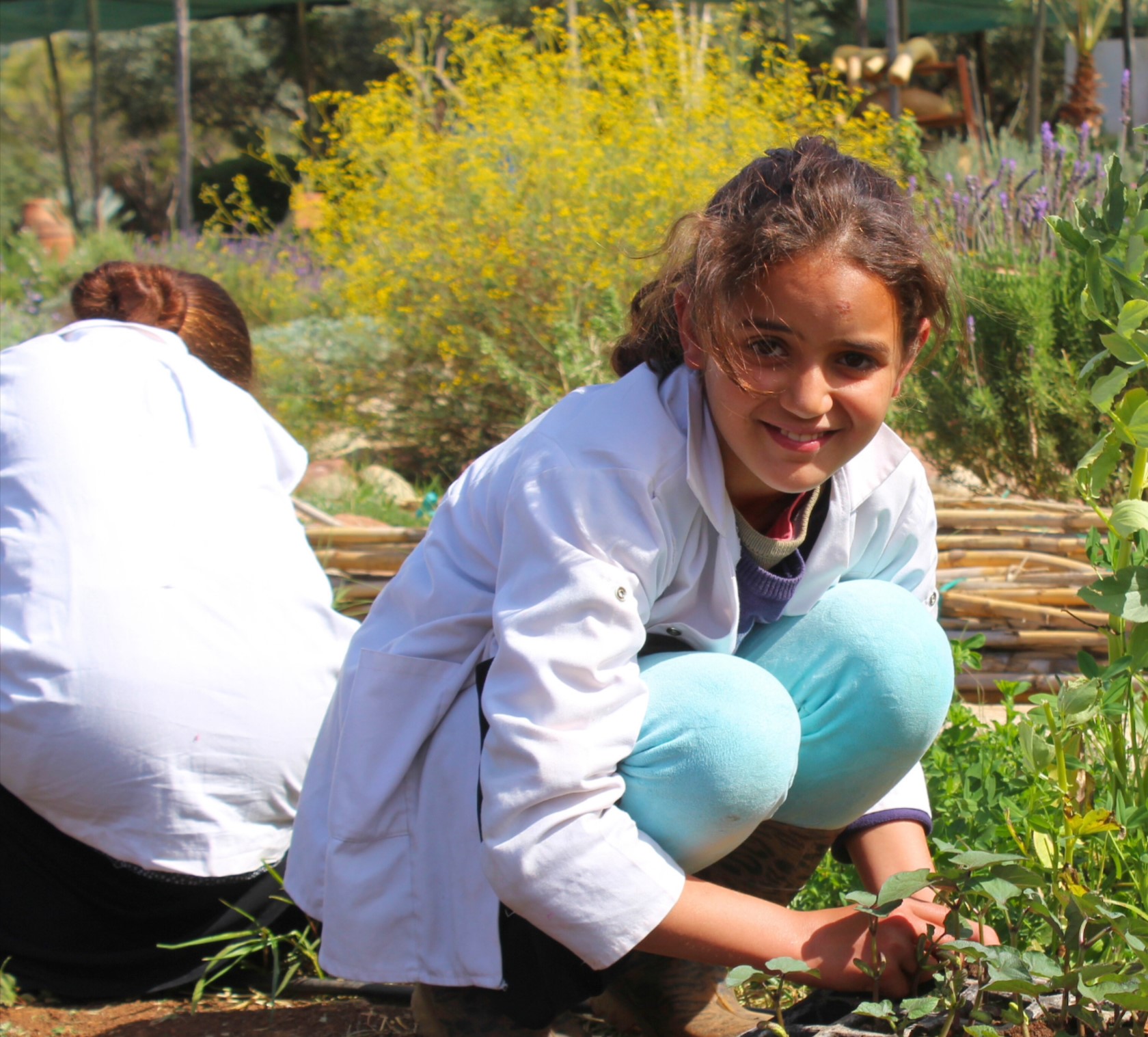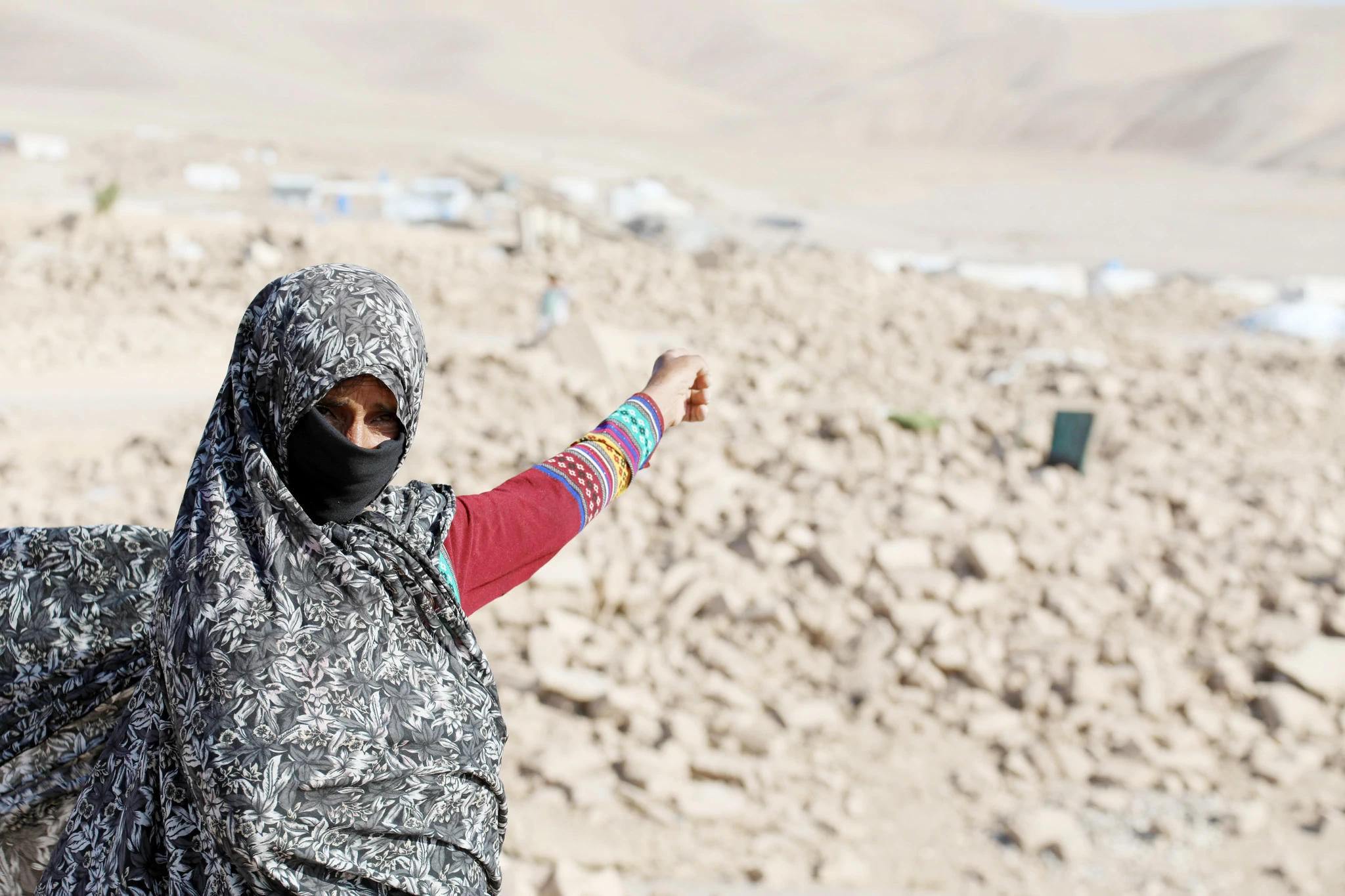
The Summit of the Future
Charting a course towards achieving the Sustainable Development Goals
EXPLORE NOW
Hot News
Latest news and updates from the UNDP
Our
mission
UNDP works in 170 countries and territories to eradicate poverty while protecting the planet. We help countries develop strong policies, skills, partnerships and institutions so they can sustain their progress.
What we do
UNDP is the United Nations’ lead agency on international development. We support countries and communities as they work to eradicate poverty, implement the Paris Agreement on climate change and achieve the Sustainable Development Goals. We advocate for transformative change, and we connect countries to the resources they need to help people build a better life.

ntcomleh Restoration of construction
Including green, inclusive and digital transformation: Working with countries to promote changes in systems and structures that affect national sustainable development

Poverty and inequality
By investing in the capacity improvements people need, addressing inequality of opportunity and enabling them to move out of poverty and forward

Number
We will support countries in building an inclusive, ethical and sustainable digital society
Trusted partnerships
Partnership is at the heart of everything UNDP does. We offer a nearly universal presence across the world. We are determined to mobilize the means to implement the 2030 Agenda through a revitalized Global Partnership for Sustainable Development, with a focus on the poorest and most vulnerable.
join us Global
impact
Our work in sustainable development, governance and resilience building.

97
Countries
supported to generate jobs and livelihoods in the past two years

100
Million
people benefited from stronger policy and market conditions for sustainable energy

400
Million
registered voters supported to participate in elections in 2022 and 2023

$100
Billion
private capital aligned with the Sustainable Development Goals
latest plan
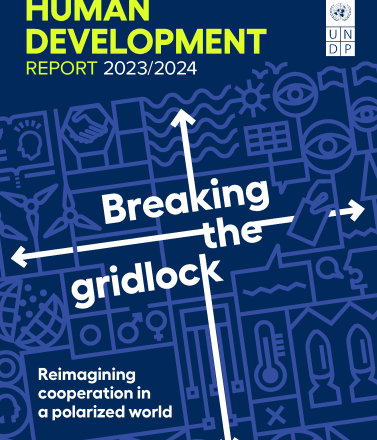
report
human development report 2023/2024
human development report calls for collective action to address growing inequality and other global challenges
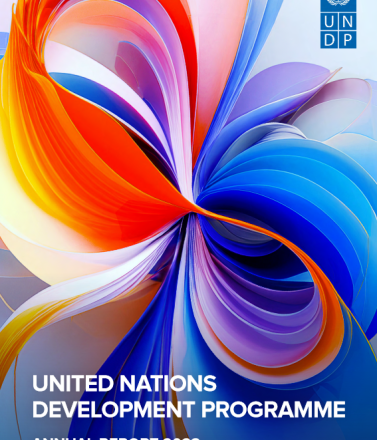
report
undp annual report 2023
driving the future of development.
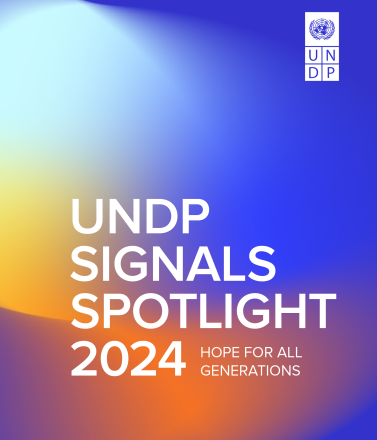
report
signals spotlight 2024
looking ahead to the summit of the future in september 2024, the question of what kind of world we leave to our descendantsconcerns us al the sianals spotlight identfies some of the areas where our legacy to future generations is in doubt-and asks what that means for developme
Latest
news
news
